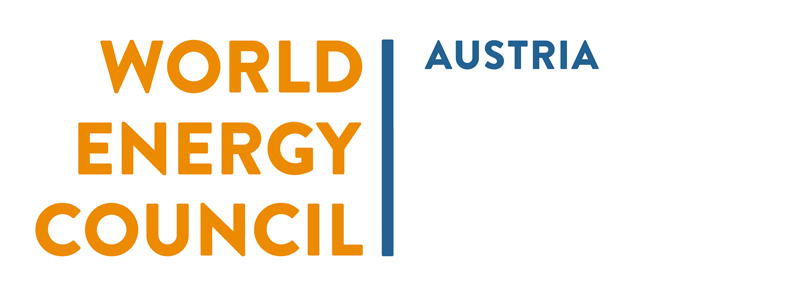Renewable Energy Sources (RES) offer many benefits, such as CO2 emissions mitigation, fossil fuels import requirement reduction and new jobs creation, just to name a few. The study identifies these challenges and offers solutions based on the experience of industry operators around the world.
Mehr erfahren
Energy systems must be smarter, not just stronger, to withstand the risks from extreme weather events, the energy-water-food nexus and cyber-attacks. The “Road to Resilience” series shows the evolution of these risks, their impact on infrastructure and identifies measures to improve the financing conditions and resilience of global energy systems […]
Mehr erfahren
The design of our future energy system is a key political task. The desired transition from a fossil to a renewable energy system presents many challenges, but also creates prospects and opportunities for the economy and the labor market. The study highlights measures, through which the objectives of the […]
Mehr erfahren
Electric vehicles will need to increase their combined market share from the current 1% to 16% by 2020 to achieve the aggressive fuel economy standards set by regulators. That’s the conclusion of new WEC report, which states that electric vehicles should be considered central to any policy and technology […]
Mehr erfahren
This report focuses understanding how the energy sector can better manage impacts on land and water whilst still aiming to balance the Energy Trilemma. The initial findings lay out the initial understanding of the risks posed by the energy-water-food nexus in the energy industry. By understanding how to technically and […]
Mehr erfahren
New approaches are required for the management and financing of energy infrastructures as companies and governments seek to meet the challenges of increased extreme weather risks. New thinking is needed says the latest report from the World Energy Council, ‘The road to resilience – managing and financing extreme weather risks’.
Mehr erfahren
